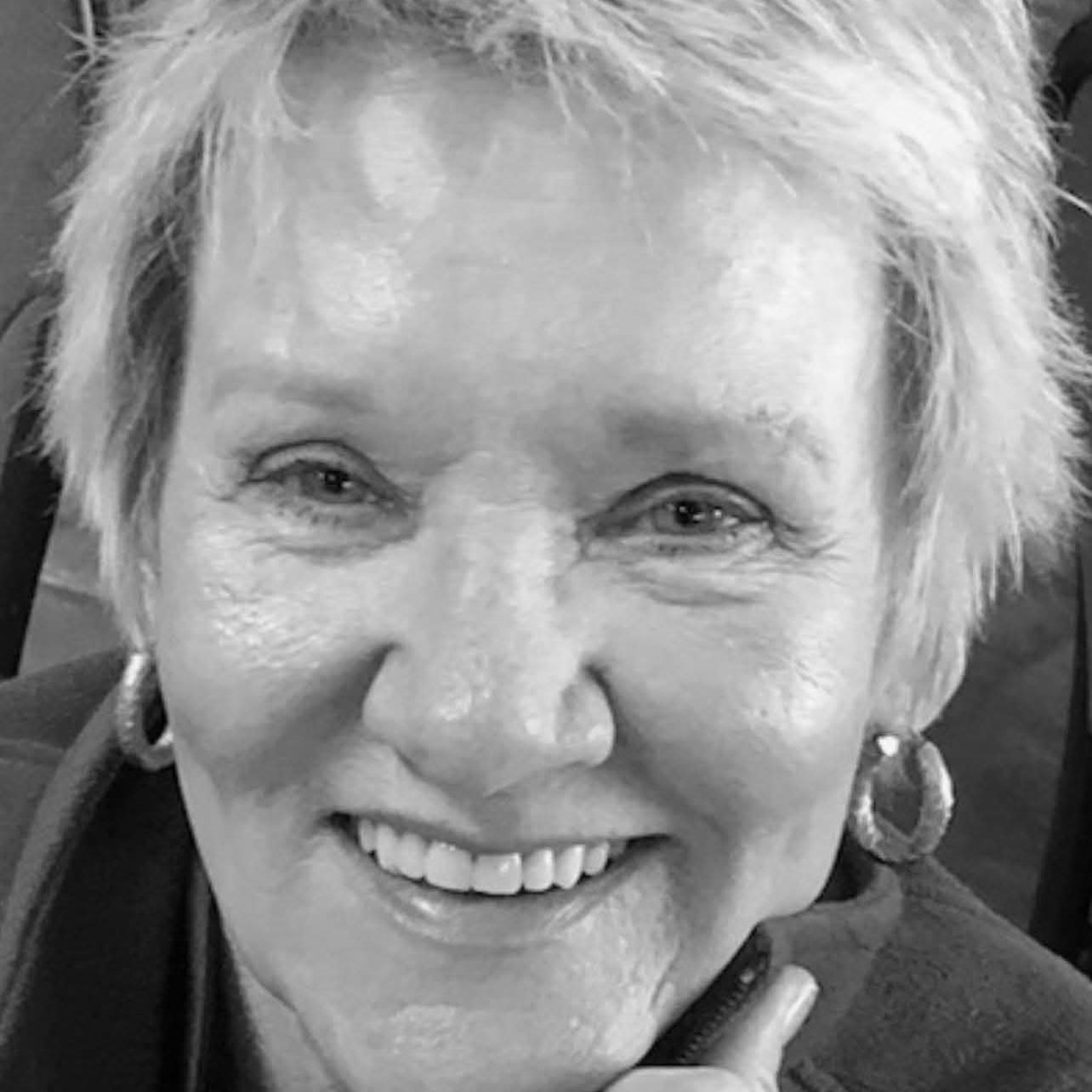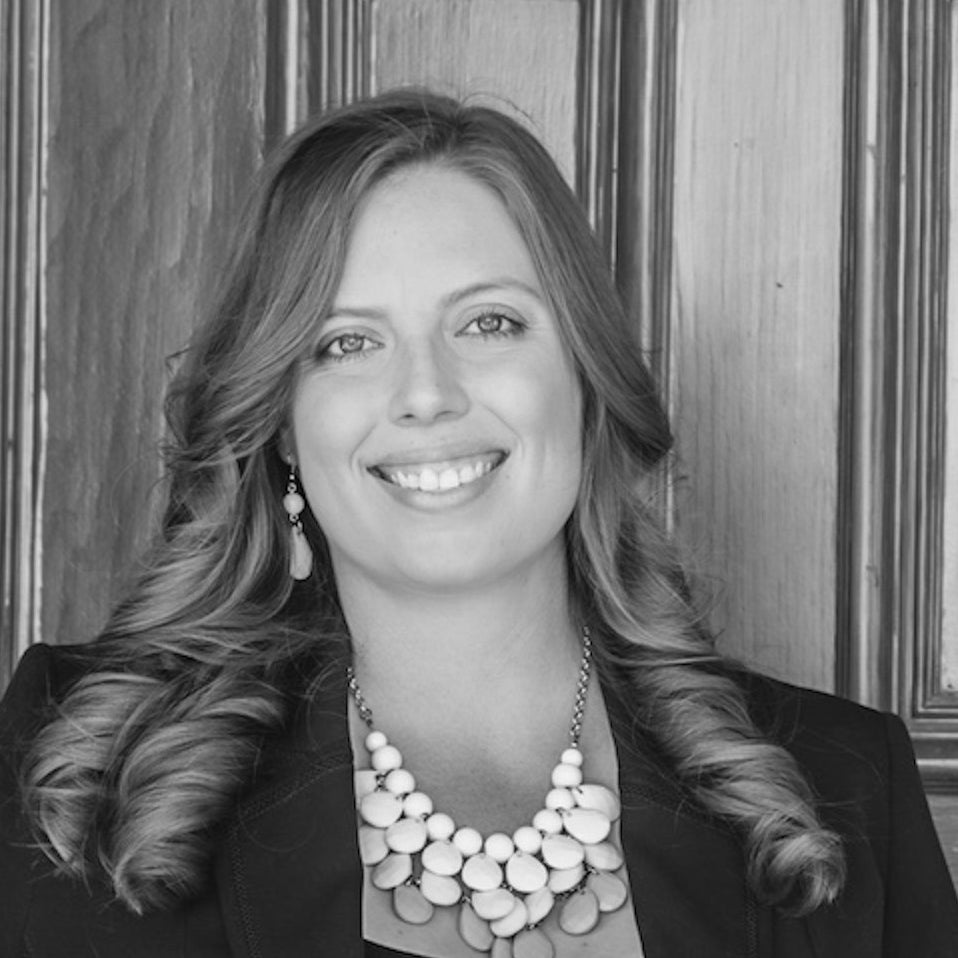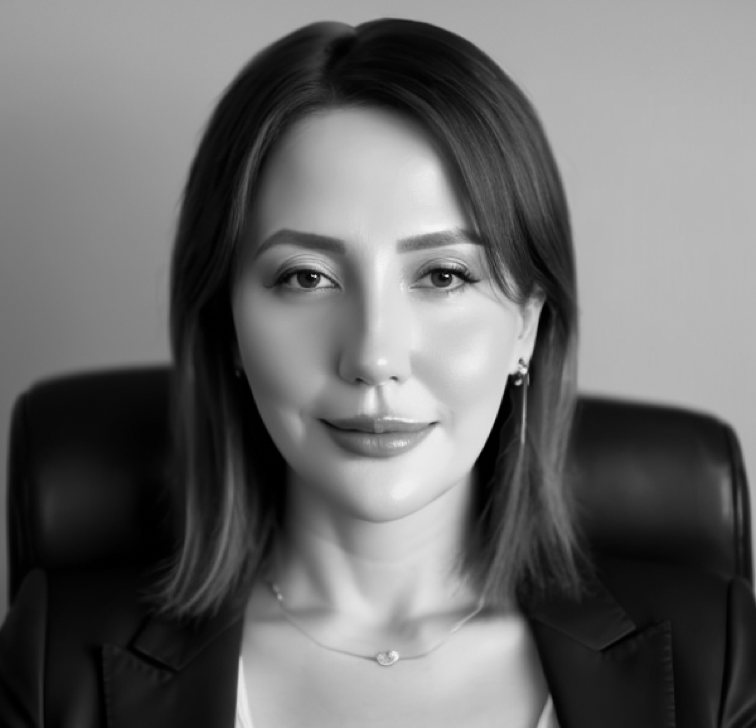The master's degree program in organizational psychology (MAOP) is your opportunity to join one of the more fascinating specialties in psychology today. With a masters in organizational psychology degree you'll be better prepared to help companies or organizations, and the people within them, reach new heights of success.
This degree organizational psychology program is an exploration of human behavior in the workplace within the context of professional studies. This specialty applies psychological science to examine the many human factors influencing the workforce. It can be useful in a wide range of careers including talent management; organizational development; training and development; human resource management; organizational leadership; diversity, equity, and inclusion initiatives; and more. Professional psychology career paths can lead to positions in a wide variety of industries, management consulting, education, government, and other sectors.
This one-year, 33-unit master’s program is offered online. All online organizational psychology programs are accepting applications. However, please be aware that on-ground organizational psychology programs are not accepting applications.
To learn more about this program and other offerings, visit our CSPP-dedicated microsite. You’ll find videos featuring our university president, dean of CSPP, and faculty, along with numerous interactive features!
Wide Range of Careers
Deepen your skills and find a new career in organization development, talent and leadership development, human resources and talent management, and more in various industries, nonprofits, and government agencies.
Variety of Schedules
Online courses allow you to complete your coursework in the evening and the weekends.
Earn a Master’s in One or Two Years
With full-time enrollment of two courses per term, you can complete the industrial organizational psychology program in just one year, or opt for one course per term to complete the program in two years. Eight-week terms begin in January and August.
Small Classes
Get to know your industrial organizational psychology faculty and colleagues in a supportive climate, developing working relationships that can last a lifetime. Get to know alumni in our network and find jobs through powerful relationships.
Advance Your Degree Further
Take your education further with a degree that prepares you to be a consultant or leader. A PhD in industrial-organizational psychology can be completed in three years. A continuing education adds to your credential whether you plan to work in consulting firms or further utilize your expertise as an IO psychologist.
Diversity, Equity and Inclusion
Increase your cross-cultural skills with multinational, multiracial faculty and graduate students, and support a society of inclusive excellence, equity, and belonging. Our IO psychology programs foster diversity and inclusion.
Experiential Training
Gain experience through class and real-world projects that apply the aspects of organizational setting and organizational behavior. These projects include surveys, interviews, talent assessments, leadership development, and designing programs for skill development and organizational change.
Learn About Admissions Requirements
Admissions
Faculty
As an aspiring industrial organizational psychologist, you'll continue to learn from a faculty consisting of renowned experts with years of experience within the organizational and consulting fields and doctoral degrees earned at USC, Columbia University, Fielding Graduate Institute, UCLA, Northcentral University, and Alliant International University. The psychology department is comprised of past and current local, national, and international professional association leaders, organizational psychologists, journal editors, and consultants. Faculty areas of expertise include the following:
- Management consulting
- Diversity, equity, inclusion, and belonging
- Motivation and employee engagement
- Sustainability and systems thinking
- Organization development and change management
- Leadership and leadership development
- Coaching and mentoring
Faculty






